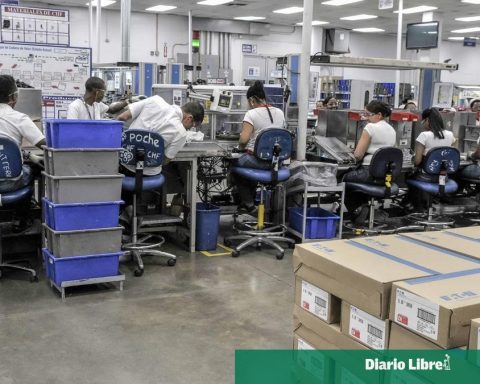The National Consumer Service (Sernac) has turned its attention to delivery apps due to the way these platforms handle the concept of tipping for food delivery. In Chile, there has been a regulation in force for ten years that requires asking the customer if they want to leave a 10% tip on their final bill. However, Sernac has noticed that some apps are suggesting this inclusion by default, which has generated controversy.
The regulations establish that the tip The 10% tip should only be suggested in establishments that serve the public and offer an additional service, such as waiters in restaurants. However, delivery applications such as Uber Eats, Rappi and Justo have been criticized by Sernac for predetermining the option to leave a tip, forcing the customer to perform an additional action to discard it. This practice can lead users, in a moment of inattention, to accept the tip unintentionally.
He Sernac has received multiple complaints from customers who have encountered this situation, since the addition of the tip is configured by default in the interfaces of delivery applications. This situation has led the organization to issue a statement expressing its concern and highlighting the need for the inclusion of the tip to be a voluntary option and not a predetermined one.
In addition, Sernac has pointed out that there are additional problems with the calculation of the tip in these applications. For example, it has been observed that in some cases, the 10% tip is calculated without considering the discounts applied and, in addition, includes the costs of “delivery” and “service fees”. In the case of Rappi, it has been identified that the default tip suggestion is 12%, which does not comply with the percentage regulated by current law.
Another aspect that has been the subject of complaints is the unilateral inclusion of the tip in card sales without consulting the customer. This practice contravenes the obligation to ask the consumer if he or she agrees with the tip. The national director of Sernac, Andrés Herrera, has emphasized the importance of consumers knowing that tipping is completely voluntary and should only be recommended, not imposed.


















